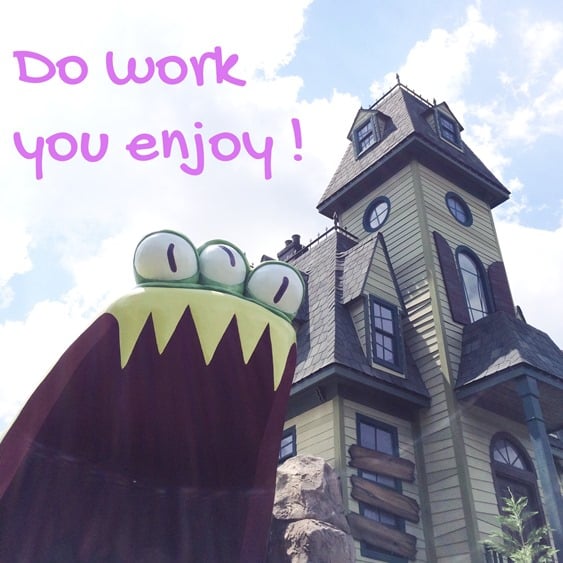Self-Management Success: Do Work You Enjoy (Part 2)
In the first post of this series on self-management success, I started a conversation about the trend toward self-management and the importance of giving employees the tools to be successful. I found this article on The Rouse titled “Why Self-Managed Teams are the Future of Business.” Very interesting read.
Here’s the takeaway: If self-managed teams are the future of business, then organizations need self-managed individuals. Of course, the first quality to successful self-management is knowing yourself. After that, it’s doing productive work.
The second quality to successful self-management is doing work you enjoy. There are many different ways to earn a living. Finding the way that’s right for you is key. We can spend years trying to figure out the right career. If you’re trying to figure out the kind of work you enjoy, here are two questions you can ask yourself:
- Think about a time when you’ve felt you were at your most Then list what was taking place at that time – what were you working on, what was the office environment like, who were your co-workers, etc.
- By contrast, do the same thing but identify the time when you’ve felt you were your least And what those elements were surrounding you at the time.
Now think of work on this continuum, with most productive on one end and least productive on the other.
- Lastly, take a moment to assess where you are right now on this continuum.
As you make career decisions, it only makes sense to move toward being your most productive. Our careers aren’t single decisions. Most of us spend our entire lives changing and modifying our jobs to achieve that most productive state. The idea being, as we become more productive, we like our work more and the success associated with enjoying our work will come along with it.
Let’s add a layer to this conversation by saying you’re thinking about an upcoming meeting with your boss. Having a clear understanding of when you are most productive and least productive can help the conversation. You can talk about the work you’re doing in terms of being productive.
Another aspect of doing productive work is having the right environment. Using those same questions above, be sure you include on your most productive and least productive lists items such as equipment that helped you be productive or restricted you. This could be lighting, chairs, computers, desk space, whatever…
Being a successful worker is about being productive. Knowing the exact recipe for making that happen will help you maintain a high level of productivity no matter where you are.
The third quality on the self-management success list? Well as much as we know ourselves and our work, not everything can and will go as planned…look for problem-solving next.
Image courtesy of Sharlyn Lauby
1